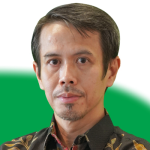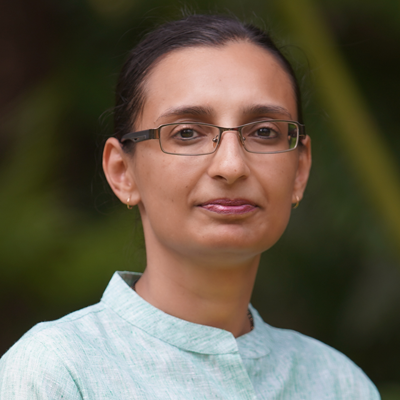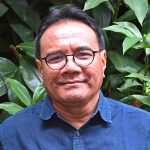
Background
Transboundary haze pollution remains a significant environmental challenge in Southeast Asia. Primarily driven by land-use practices such as slash-and-burn agriculture and unsustainable forestry, this persistent issue poses serious health risks to millions of people across the region and undermines sustainable land management and climate change mitigation efforts. Association of Southeast Asian Nations (ASEAN) Member States have recently adopted the Second Roadmap on ASEAN Cooperation towards Transboundary Haze Pollution Control with Means of Implementation (2023–2030) and the Second ASEAN Peatland Management Strategy 2023–2030 (APMS), providing a framework of action to address peatland-related haze issues. These documents consider findings from final reviews of the earlier APMS (2006–2020) and Haze-Free Roadmap (2016–2020). The APMS final review found major progress in some areas, but peatlands, climate change and financing for implementation requiring more attention (ASEAN 2021), while the Roadmap final review found the need to significantly improve strategies on enhancing cross-sectoral collaboration and securing associated resources.
To address these needs and support implementation of the Second APMS and Haze-free Roadmap, the ASEAN Investment Framework for Haze-Free Sustainable Land Management (AIF-HFSLM) was endorsed. Recognizing that effective implementation of existing policies and strategies has been hindered by inadequate resource allocation and investment, the AIF-HFSLM emphasizes the need for coordinated efforts among AMS to mobilize resources effectively and engage stakeholders at multiple levels.
In furthering implementation of the AIF-HFSLM, there is a need for a dialogue on resource mobilization with a focus on financing and incentive mechanisms. Accordingly, the ASEAN Secretariat, in partnership with CIFOR under the MAHFSA Programme, is hosting a policy dialogue to examine and discuss issues around resource mobilization for sustainable land management on 26 November 2024 in Jakarta, Indonesia.
The half-day policy dialogue will comprise a talk show and group discussions to provide time for interactive exchanges on challenges and opportunities for sustainable peatland management and restoration, stakeholders’ involvement and community engagement. By fostering a dialogue that encompasses diverse viewpoints and stakeholder contributions, the event will endeavour to pave the way for a more holistic and inclusive approach towards sustainable land management.
Objectives
- Understand opportunities, challenges and barriers for effective resource mobilization and stakeholder engagement.
- Highlight success stories in resource mobilization and partnerships.
- Share perspectives among stakeholders on practical strategies that enhance collaboration, cross-stakeholder coordination, and resource allocation.
Registration: Please RSVP by 25 November 2024 to confirm your attendance.
Futher information: Dina Hubudin, d.hubudin@cifor-icraf.org.























